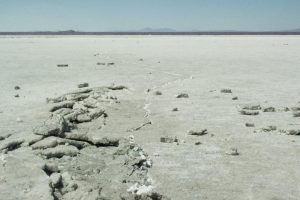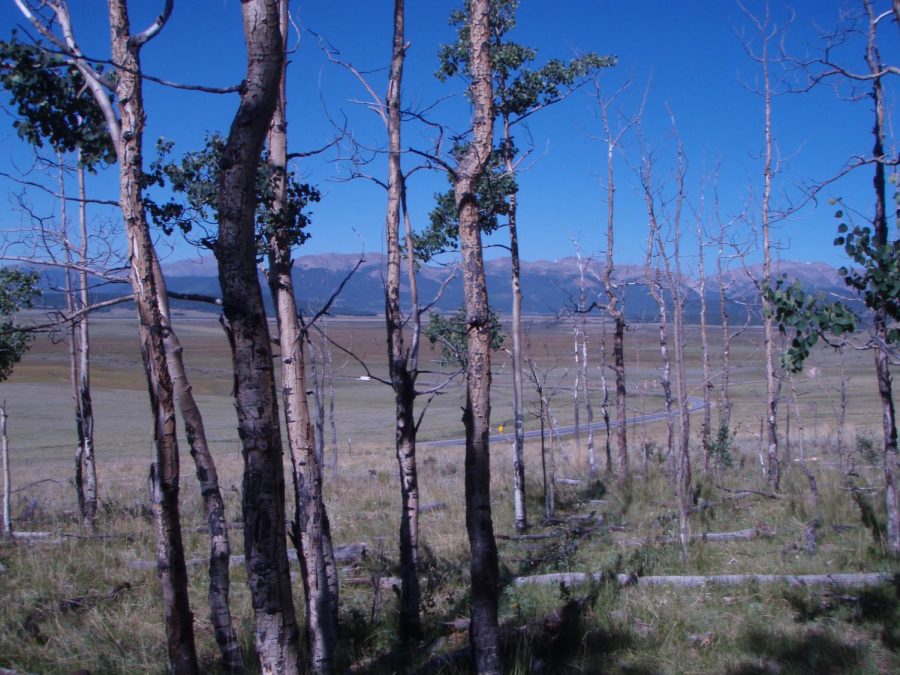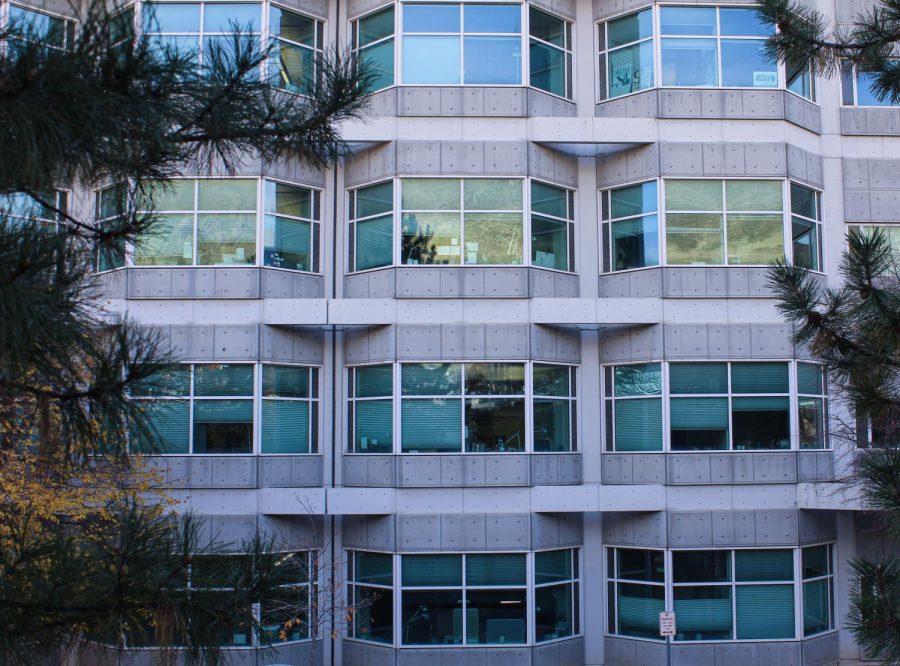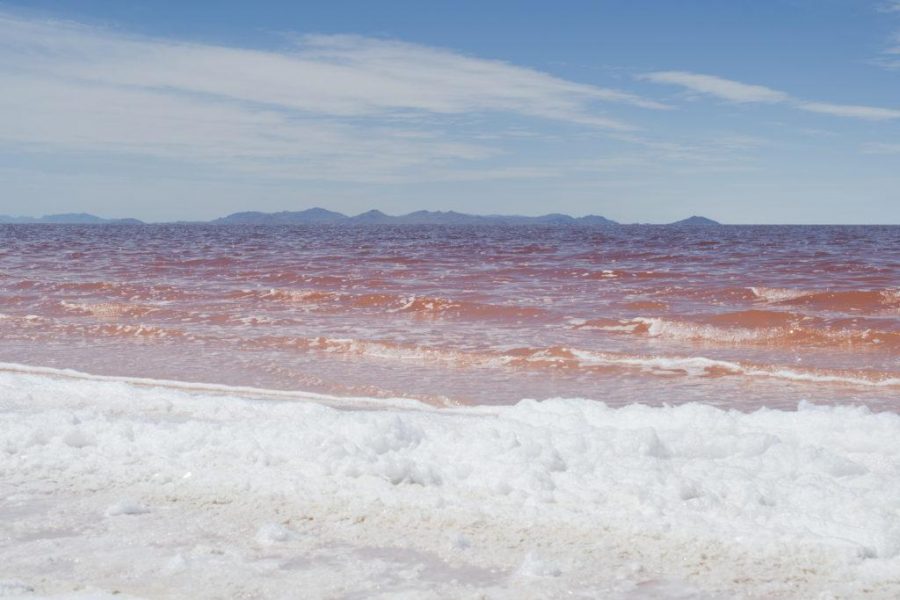This week, Brenda Bowen, an associate professor in Geology and Geophysics, has started fieldwork for a study of the Bonneville Salt Flats. Her research aims to observe how the flats are changing and learn how this ecosystem can be protected.
 According to the state’s website, 15,000 years ago one-third of Utah was covered by Lake Bonneville. As the lake evaporated, its waters became increasingly salty, eventually leaving two Utah landmarks which are inextricably tied together — the Great Salt Lake and the Bonneville Salt Flats. The Salt Flats consist of a salt deposit that covers over 30,000 acres of land. Parts of these flats allow for some vegetation while others are so barren not even the simplest life forms can exist.
According to the state’s website, 15,000 years ago one-third of Utah was covered by Lake Bonneville. As the lake evaporated, its waters became increasingly salty, eventually leaving two Utah landmarks which are inextricably tied together — the Great Salt Lake and the Bonneville Salt Flats. The Salt Flats consist of a salt deposit that covers over 30,000 acres of land. Parts of these flats allow for some vegetation while others are so barren not even the simplest life forms can exist.
When asked about the Salt Flats and the Great Salt Lake, students and staff mentioned things like “colored water”—the northern part of the lake is pink due to microbial growth — water levels and brine shrimp. Words like “magical” were used. The state’s website calls the flats “otherworldly.” The only word repeated by more than one student—senior in Chemical Engineering Aubrey Grant and sophomore in French Megan Adamson—was “stinky.” Erik Crosman, a research professor in Atmospheric Sciences, called it “world-class” and valuable.

Crosman said the Great Salt Lake and surrounding flats are important. “We have millions of migratory birds that rely on the lake for survival, and a number of industries in salt extraction and brine shrimp harvesting that bring jobs…[The lake] is arguably the best preserved large saline lake in the world; many of the others have been largely depleted and destroyed.” Crosman cautions, “If the Great Salt Lake ecosystem breaks down, so do [many] things we take for granted…there would be negative impacts on our winter precipitation—less snow in the mountains, most likely—and an increase in nasty dust storms from the desiccating dry lake bed.” He notes that we’ve already seen increased amounts of dust with this year’s low water levels.
Crosman says that Bowen’s study matters to the preservation of the area for multiple reasons.
First, because the “ecosystem [of the lake and surrounding flats] is unique and much more rare” than that of freshwater lakes. The environment is not well understood in terms of ecology, weather or “how the brine and wetlands might play a role” in Utah’s air quality. Much more research needs to be done.
 Another reason Bowen’s study is important is because “[we] may be entering an era where water is increasingly scarce due to both global warming and increased evaporation, as well as increased human diversion and consumption of the dwindling water supplies,” Crosman says. “It’s critical to understand how the system is changing” and use that information to inform preservation of the Great Salt Lake Basin ecosystem, as Bowen’s study seeks to do.
Another reason Bowen’s study is important is because “[we] may be entering an era where water is increasingly scarce due to both global warming and increased evaporation, as well as increased human diversion and consumption of the dwindling water supplies,” Crosman says. “It’s critical to understand how the system is changing” and use that information to inform preservation of the Great Salt Lake Basin ecosystem, as Bowen’s study seeks to do.
To Crosman, it’s unfortunate that “most people only think about the lake when they smell the stench [coming from] the Farmington Bay region.” There are many environmental and economic reasons to study and preserve the lake and flats but even if there weren’t, he says it’s a place of “incredible beauty and wilderness right next to us, and that would be enough” of a reason, in his opinion, to preserve it.















